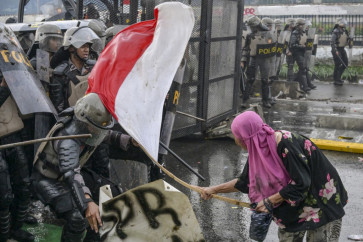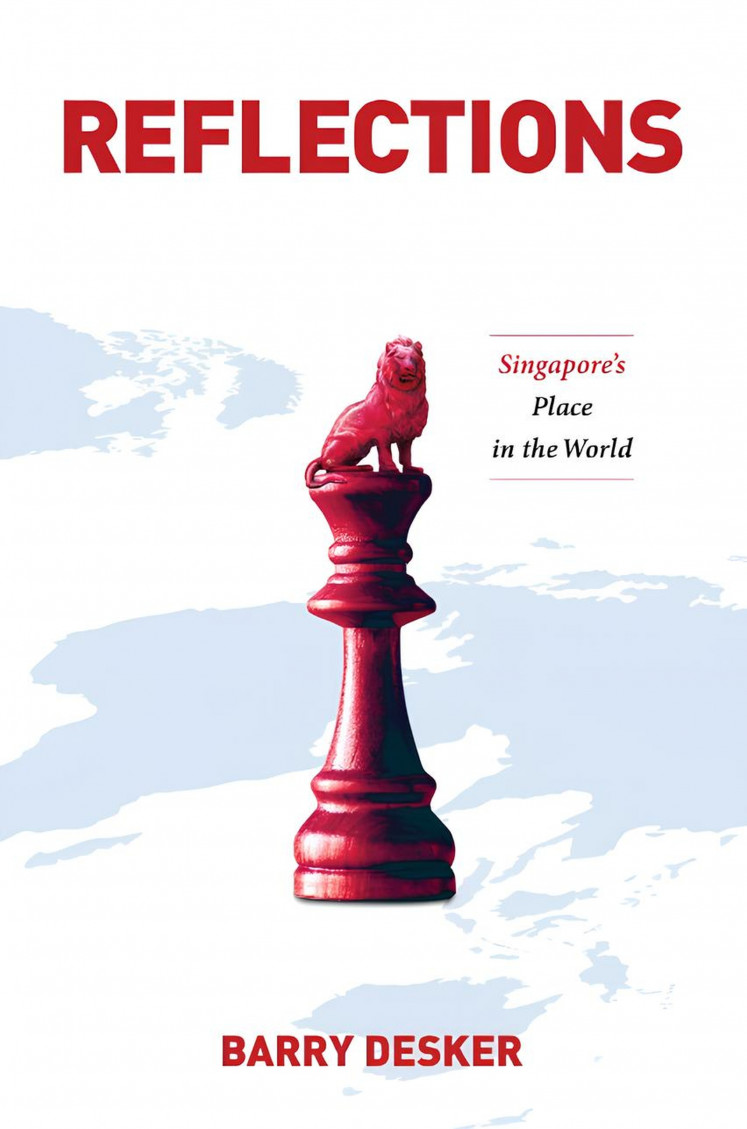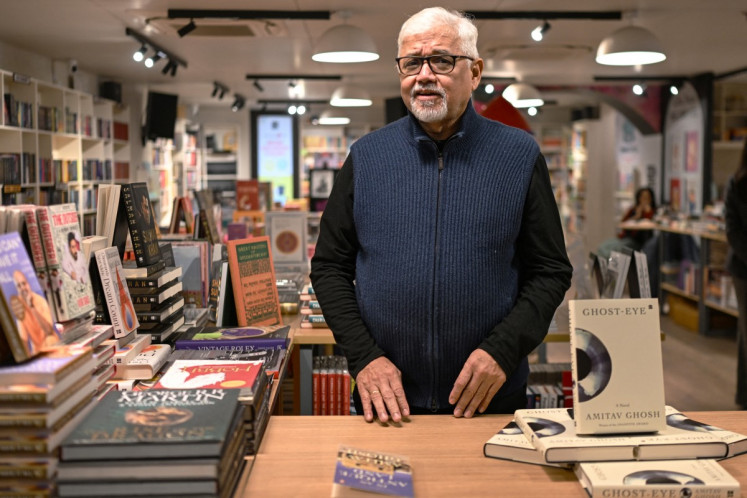Popular Reads
Top Results
Can't find what you're looking for?
View all search resultsPopular Reads
Top Results
Can't find what you're looking for?
View all search resultsEssay: Sociology of literature
The novel, as one of the major genres in literature, can be regarded as an effort to recreate the social world.
Change text size
Gift Premium Articles
to Anyone
C
onstant endeavors to fathom a close relationship between society and literature have made it into the academic field. It is called the sociology of literature. It refers to and gets cushioned by two different academic disciplines — sociology and literary study. In short, sociology is an objective and scientific study of humans in society and the review of social institution and process. Literature, on the other hand, also deals with human beings in society with regard to their undertaking to adapt to and change society.
Sociology and literature, therefore, share the same issues. The novel, as one of the major genres in literature, can be regarded as an effort to recreate the social world; relations between human beings and their family, environment, politics, state and others. Their distinction: while sociology makes an objective analysis of society, literature penetrates into the surface of social structure and expresses human beings’ ways of comprehending their society with their feeling.
Underpinned by scientific research, two or more sociologists will come up with similar findings after conducting research of a particular group of people. In contrast, two or more novelists are very likely to have different products owing to their diverse feelings in response to their environment, nature and state.
Some say sociology will replace literature due to its speedy development. It makes sense, since the sociology of literature runs slowly and appears a bit late compared to its counterparts such as the sociology of religion, education, politics and ideology.
Swingewood opined that a great number of sociology of literature writings was bad, unscientific and backward concerning the sociological viewpoint that exposed the baseless correlation between literary text and social history.
For literary critics, literature is a self-fulfilling activity, which should be viewed from its intrinsic structures, like metaphors, image constructions, rhythm, characterizations, plot dynamics and so on. External elements are additional but play no role in providing an explanation. The textualists stand against the notion that extrinsic components help readers comprehend literary pieces.
Despite its inability to reveal the beauty of literature and the psychological tension of its fictional characters, sociology’s contribution is to make a better and complete understanding of literature. Thanks to a sociological approach, we see that literature is a mirror of society — social structure, kin or class struggle.
Sociology, for example, helps readers understand that the national character sways literature, stemming from a reciprocal relationship between religion, politics and law. According to Swingewood, the novel can only develop in the countries putting a high value on women and paying greater attention to their personal lives. It grew in the United Kingdom given its great appreciation of women. On the opposite end of the scale, the novel did not grow in Italy because its people are quite libertine. Sociology of literature attempts to relate fictional characters’ experience as well as the author’s shaped situation and historical setting as the basis of a literary piece.
Sociology is instrumental in elucidating how each literary work is rooted in a certain social and geographical environment where it can perform specific functions and that there is no need for any judgment of value. That is why certain literary pieces may grow in one place but not elsewhere. Some factors such as climate, landscape, race, customs and politics contribute to the quality and growth of particular literary works.
However, stern opposition to the use of sociology in grasping literature has been widespread. Wellek and Warren wrote that the link between literature and society is narrow and external. Marxist critics try to judge the literary piece from ethical and political criteria, which basically are non-literary. Furthermore, they define the idea that literature should reflect its age and society as representing proletarian or the ideology of the author.
Daiches critically questioned the relationship between sociological data and literary critics. To him, the thought that good literature must play a social function is fallacious and exaggerating. Based on this debatable perspective, one may infer that Uncle Tom’s Cabin, written by Harriet Beecher Stowe, is much better that Shakespeare’s Hamlet. The former inspired many Americans to resist slavery in the 19th century, while the latter was regarded having no meaningful social occurrences.
***
The writer, a lecturer in literary studies at Andalas University, is pursuing a PhD at Deakin University, Australia.











